What is Bitcoin?
If you were to consult your regular news channels, they’d probably tell you it’s a ponzi scheme. Unfortunately for them, it’s far from it.
Bitcoin is a revolutionary digital currency that came to fruition in 2009. The premise is for it to be a digital currency that operates independently of central banks and governments. How does it do this? Well, it uses a decentralized network of computers (known as nodes) to store data rather than a trusted third party.
It’s a peer-to-peer network that has created an internet-native form of digital money that is completely resistant to any censorship.
Understanding Bitcoin
At the heart of Bitcoin's functionality is the blockchain. For those who don't know, the blockchain is essentially a digital ledger where transactions are recorded in a secure, unchangeable, and transparent manner. It allows multiple parties to access and verify information, building trust and efficiency in various business processes without the need for a central authority.
Now that you understand that, let's get back to explaining what Bitcoin is. Bitcoin is the native currency of the Bitcoin blockchain. It can be stored in digital wallets and is divisible up to seven decimal places, with the smallest unit being a Satoshi, named after Bitcoin's enigmatic creator, Satoshi Nakamoto.
There will only ever be 21 million Bitcoins in circulation, and new Bitcoins are added to the circulating supply every day through a process known as mining.
Mining is a relatively complex endeavor, but the gist of it is that different computers in the network solve complex cryptographic puzzles to keep the blockchain secure and create new Bitcoins.
While Bitcoin offers numerous advantages, such as increased privacy and decentralization, it also comes with its challenges. Its value can be highly volatile, and the network has been criticized for its energy-intensive mining process. Moreover, the lack of central authority means users must be cautious, as mistakes in transactions cannot be easily rectified.
Bitcoin's inception by Satoshi Nakamoto in 2009 was more than just the launch of a new currency; it introduced a novel concept that has since paved the way for a multitude of cryptocurrencies. As the world increasingly embraces digital solutions, Bitcoin stands at the forefront of a financial revolution, challenging traditional notions of currency and value transfer.
What's Bitcoin Mining?
Let’s properly break down Bitcoin mining.
Bitcoin mining is like a digital version of mining for gold. Instead of using pickaxes and shovels, people use computers to solve complex math puzzles. It is a complex yet essential process in the world of cryptocurrency. It serves the dual purpose of verifying and adding transactions to the blockchain.
This process involves miners using powerful computers to solve intricate mathematical problems. The first miner to crack the problem gets the privilege of creating a new block. A block is essentially a batch of transactions grouped into one block. The miners create this block of transactions, and once validated, they add it to the chain of prior blocks. Hence the name blockchain.
The difficulty of these mathematical puzzles is designed to adjust over time, ensuring that new blocks are added to the blockchain approximately every ten minutes. The reward for mining a block began at 50 bitcoins and undergoes a halving approximately every four years. As of 2020, this reward stands at 6.25 bitcoins per block, and this pattern is expected to continue until around 2140 when the maximum supply of 21 million bitcoins will have been reached.
Initially, Bitcoin mining was possible with standard computers. However, as the puzzles became more challenging, the need for more powerful hardware, such as Application-Specific Integrated Circuits (ASICs) and high-end Graphics Processing Units (GPUs), became essential. Due to the competitive nature of mining and the increased difficulty, miners often collaborate in groups known as mining pools, where they combine their computational power and share the rewards.
Mining plays a crucial role in maintaining the decentralized nature of the Bitcoin network. It is instrumental in verifying transactions and adding them to the blockchain, therefore preventing fraudulent activities like double-spending and ensuring the network's integrity and security. Simply put, Bitcoin mining is not just about creating new bitcoins; it's a fundamental process that upholds the security and ongoing functionality of the entire Bitcoin system.
So what's the use of Bitcoin?
Bitcoin was developed to offer a new method for transferring money over the internet. Now, you're probably thinking that money could already be sent across the internet just fine, but Bitcoin actually differs due to it being free of central control (decentralization).
The financial crisis of 2008 was the last straw in terms of people trusting the banks and governments to ‘do the right thing.’ The only answer is for people to take matters into their own hands and use a currency that is under nobody's control, a currency that is permissionless to use, and a currency that is resistant to censorship.
While Bitcoin is still not widely accepted as a payment method, we've recently seen huge strides in the right direction. Vendors like PayPal are starting to accept cryptocurrency as a payment method, and even companies like Tesla have accepted Bitcoin payments.
Outside of payments, there is another narrative that is pedalled more frequently through popular media channels, and that’s the one of digital gold.
In this current era, where central banks are printing money like it’s going out of fashion, eventually leading to inflation and, ultimately, a sharp devaluation of fiat currencies, Bitcoin stands out. Bitcoin, with its capped supply and 4-year halving, stands out as a clear safety net against this.
This inherent scarcity often makes people compare it to the scarce nature of gold. Unlike other currencies, which gradually lose their value with inflation, Bitcoin can mirror the stability of gold with its fixed emission and limited supply.
So if people don’t care to use it for payments or investments, you can at least look at it as an alternate safeguard against rampant inflation and the devaluation of fiat currencies.
How can I buy or invest in Bitcoin?
Buying Bitcoin has become more accessible and secure, with multiple platforms offering easy purchase options. Whether you're using a credit card, bank transfer, or other payment methods, these platforms provide straightforward steps to acquire Bitcoin, catering to both beginners and experienced investors in the cryptocurrency market.
So here's our simple guide for how you can purchase/invest in Bitcoin:
Step-by-step guide to buying Bitcoin through a Centralized Exchange
- Choose a Bitcoin Exchange or Platform
- You'll need to start by choosing a platform where you can buy Bitcoin. Popular options include Coinbase, Binance, Kraken and other cryptocurrency exchanges.
- Setting up an account
- Register on your chosen platform. This will typically involve providing your email address, creating a password, and verifying your identity.
- Some platforms may require additional information for security purposes.
- Adding a payment method
- Link a payment method to your account. This could be a bank account, debit card, or credit card.
- Be aware of the fees associated with different payment methods.
- Buying Bitcoin
- Once your account is set up and your payment method is linked, you can buy Bitcoin.
- You can usually enter the amount of Bitcoin you want to buy or the amount of money you want to spend.
- Confirm the transaction details, including any fees, and complete your purchase.
- Storing Your Bitcoin
- After purchasing Bitcoin, you can store it in a digital wallet. This can be a wallet provided by the exchange or a separate one.
- We would always recommend using either a hardware wallet or a separate hot wallet to eliminate any dependency on Centralized entities.
What are the risks of buying Bitcoin?
Investing in Bitcoin, like any investment, comes with its own set of risks, but it's important to approach these with a balanced perspective. So, we'll now talk you through some of the biggest risks associated with purchasing Bitcoin.
One of the primary concerns with Bitcoin is its volatility. The value of Bitcoin can fluctuate widely in a short period, which can be unsettling. However, it's essential to remember that many investments have ups and downs, and Bitcoin's volatility is a part of its growing pains as a relatively new asset class. For those who are patient and not looking for quick gains, Bitcoin can still be a valuable part of a diversified investment portfolio.
Another risk is the regulatory environment. Governments around the world are still figuring out how to deal with cryptocurrencies, leading to potential legal and tax implications. While this uncertainty can be a cause for concern, it also shows that Bitcoin is being taken seriously at the highest levels of global finance. This attention could lead to more stability and acceptance in the long run.
Security is also a crucial consideration. Bitcoin transactions are secure, but they are irreversible, and there's no central authority to turn to in case of issues like lost passwords or hacked accounts. This means that personal responsibility for security is paramount. However, this also empowers individuals by giving them full control over their assets, free from the constraints and potential vulnerabilities of traditional banking systems.
The environmental impact of Bitcoin mining is another point of discussion. The energy consumption required for mining has raised concerns. However, this has also spurred innovation in the sector, with a growing focus on using renewable energy sources and making the process more energy-efficient.
Lastly, the future of Bitcoin is not set in stone. Its role in the global financial system is still evolving, and while some see this as a risk, it's also an opportunity. Bitcoin has already shown remarkable resilience and adaptability, and its potential for growth and further integration into mainstream finance remains a strong possibility.
While Bitcoin does come with its risks, there's just as much opportunity. With a proper understanding of both, you'll be able to navigate the world of cryptocurrency with ease.
How is Bitcoin regulated?
In the UK, Bitcoin and other cryptocurrencies are subject to some regulation, mainly for anti-money laundering (AML) and counter-terrorism financing (CTF) purposes. The Financial Conduct Authority (FCA) oversees these aspects, requiring crypto exchanges to register. However, beyond these specific areas, there is relatively limited regulation. For instance, while businesses must stick to Know Your Customer (KYC) and Customer Due Diligence (CDD) procedures, the broader cryptocurrency market remains largely unregulated.
This means that many aspects of cryptocurrency usage, such as the operation of certain types of crypto businesses or broader market practices, do not yet have comprehensive regulatory frameworks. The UK's HM Revenue & Customs (HMRC) does tax cryptocurrencies, but this is more about taxation than market regulation.
While there are important regulatory measures in place, particularly for financial safety, much of the cryptocurrency space in the UK operates without extensive government oversight.
Conclusion
Bitcoin is still in its evolutionary phase. As the industry continues to grow and get more adoption around the world, we will start to see its real place within our global financial system finally set in.
But one thing is for certain: after 15 years and four boom and bust cycles where everyone had written it off as a scam at one point or another, Bitcoin remained resilient. If there’s one test that something needs to stand to prove itself, it’s the test of time, and Bitcoin has done exactly that.





.webp)
.webp)

.webp)



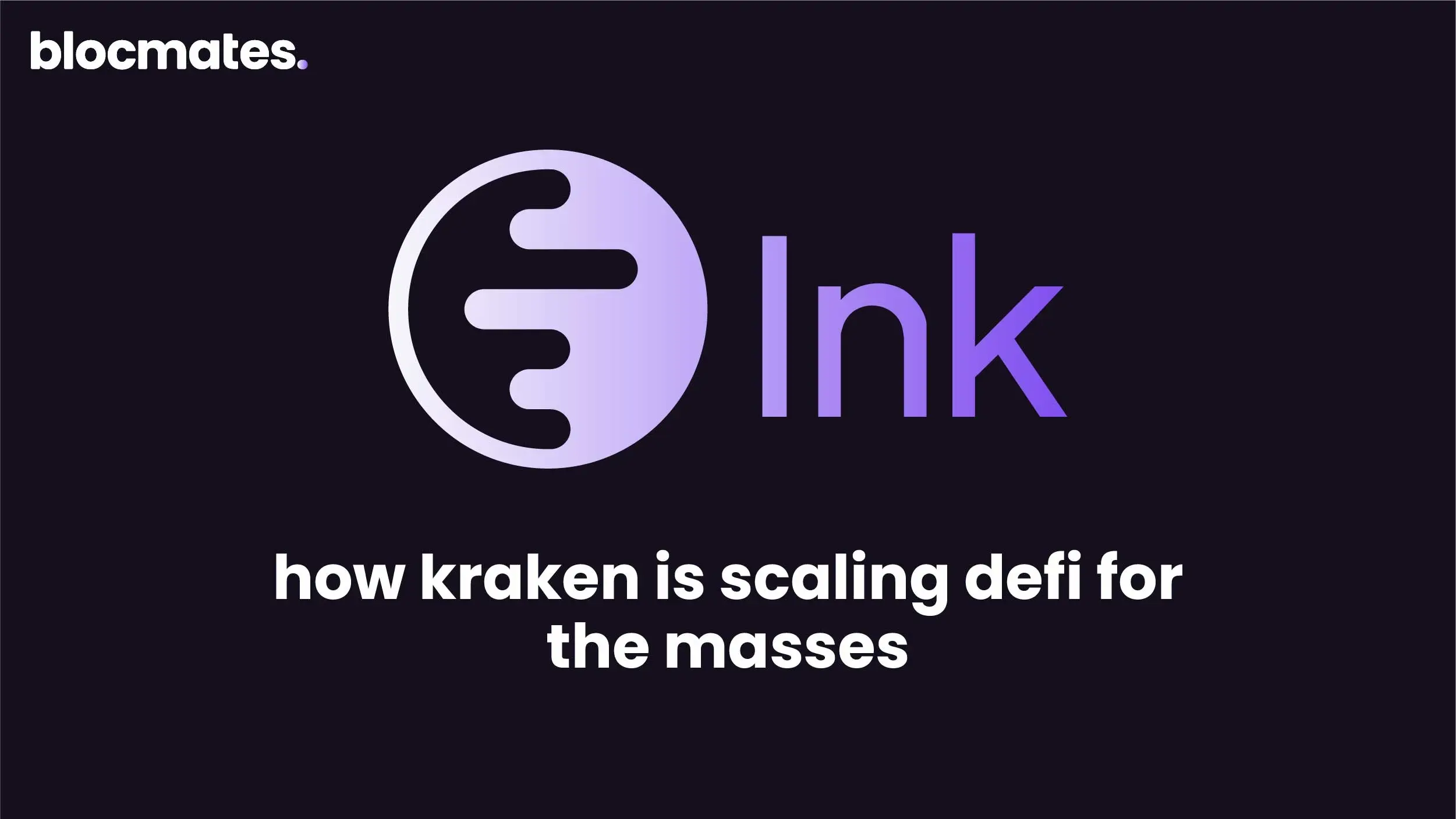
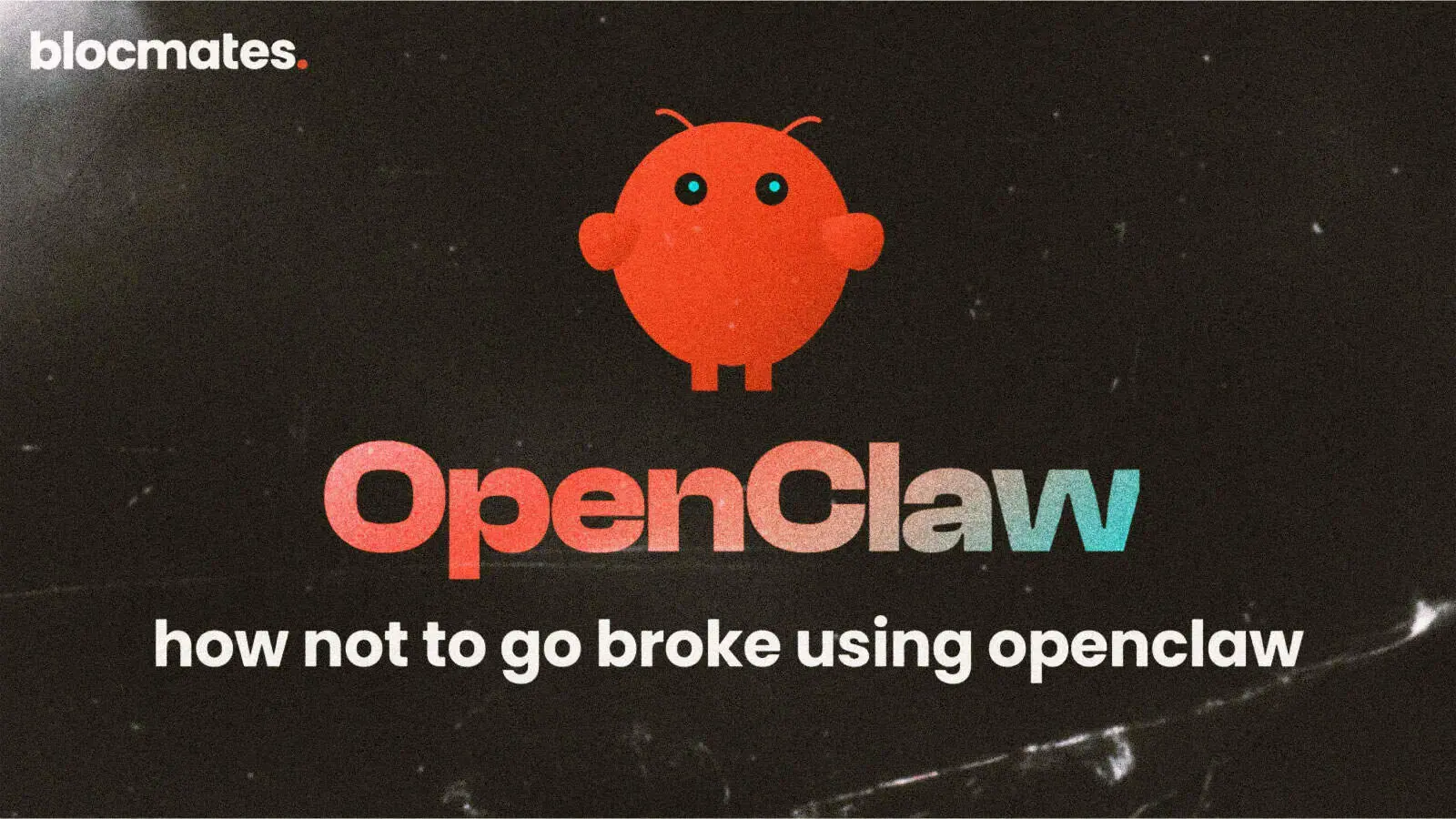
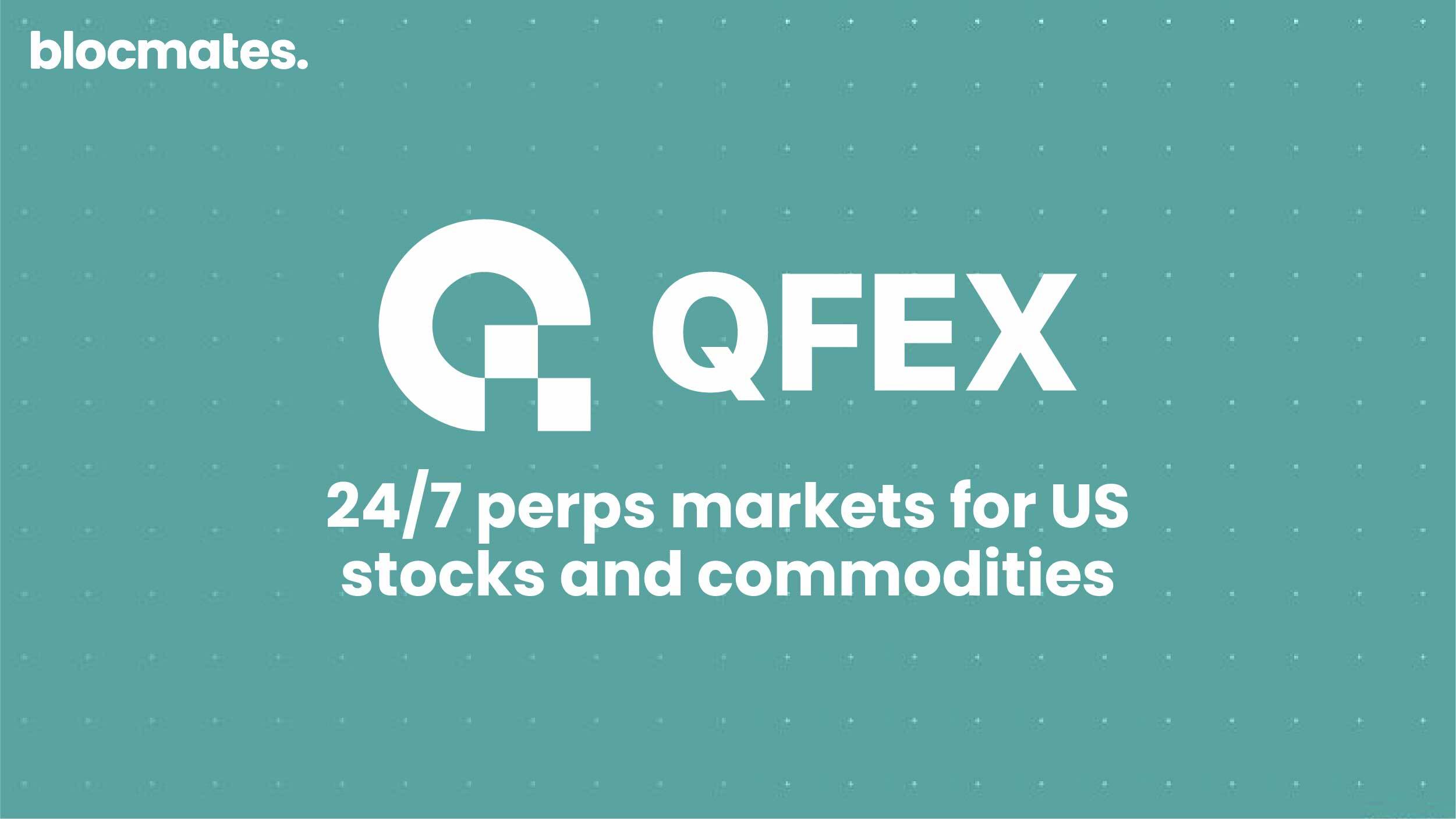
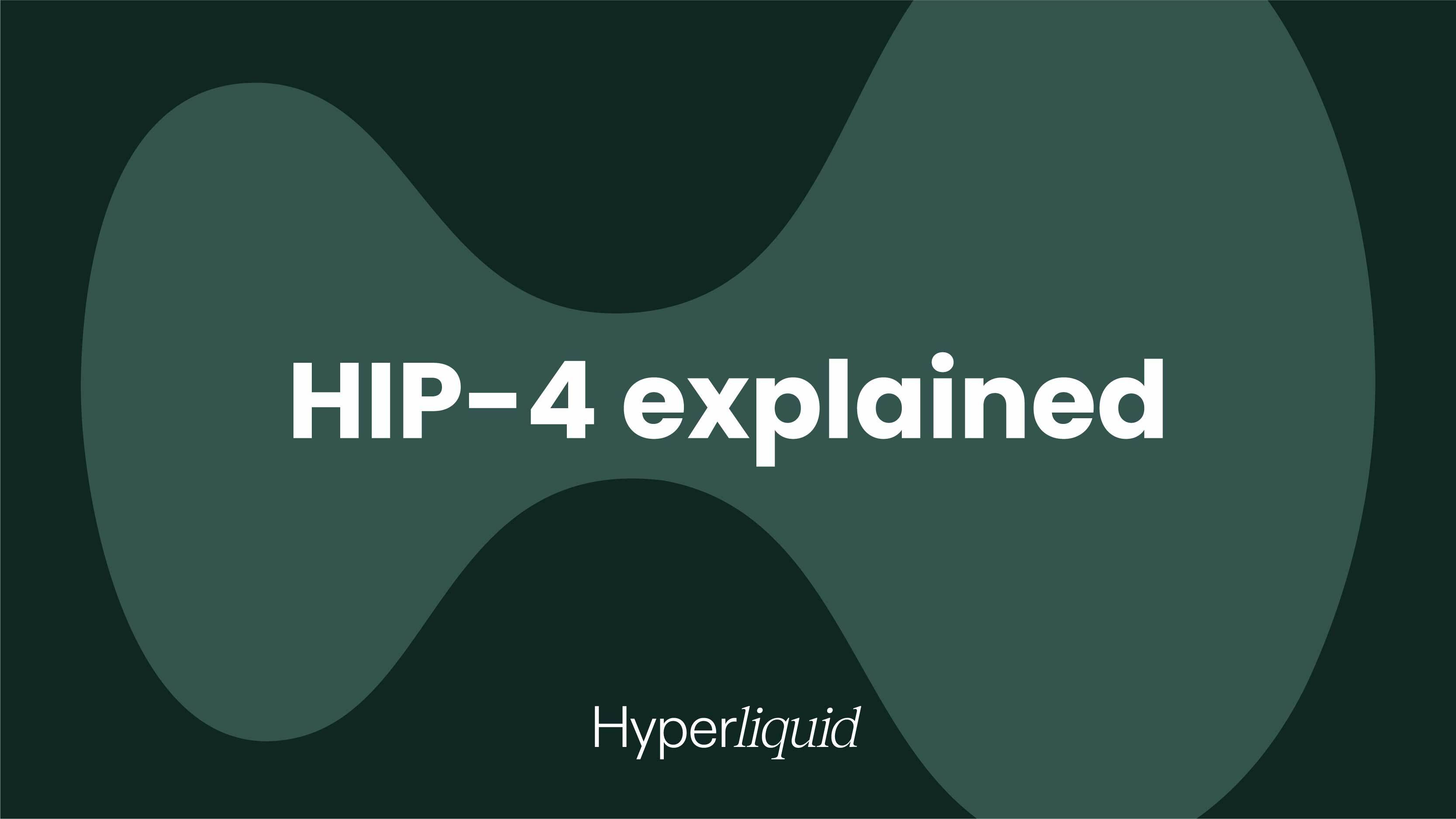


















.webp)

.webp)
.webp)

%20(1).webp)



























































%202.webp)


.webp)

.webp)
.webp)
.webp)


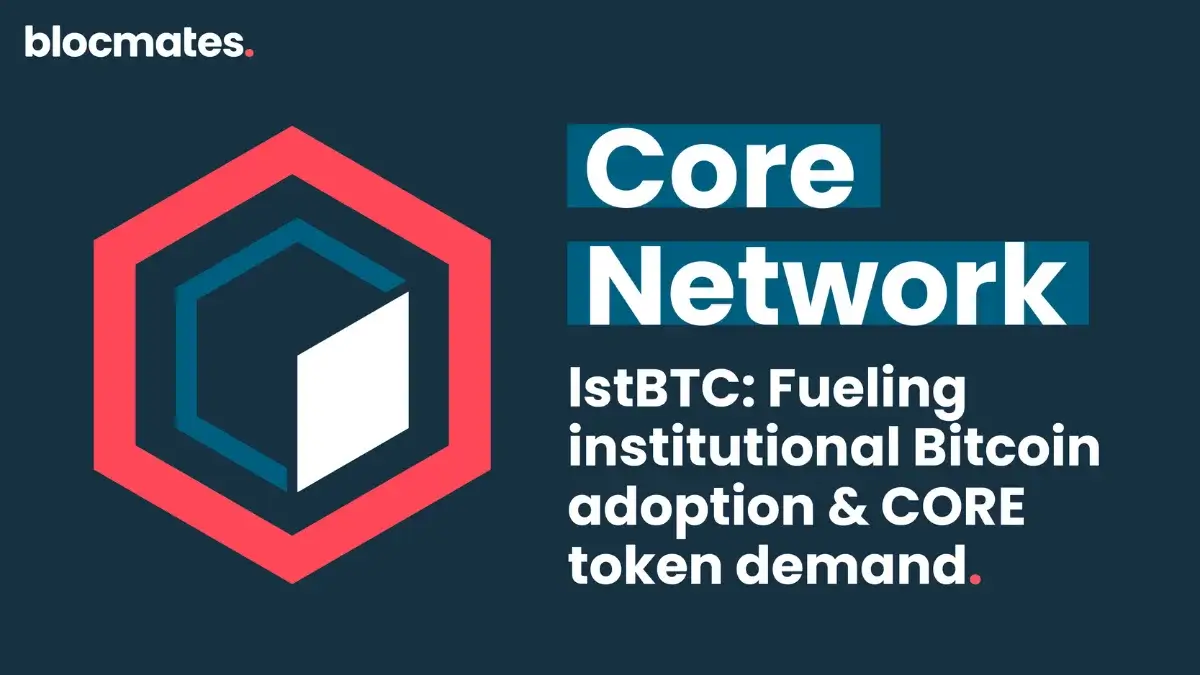
.webp)

.webp)
.webp)


.webp)
.webp)










.webp)


.webp)









.webp)







.webp)



.webp)


























.webp)







.webp)















.webp)

.webp)
.webp)

.webp)














.webp)

.webp)


.webp)








.webp)




